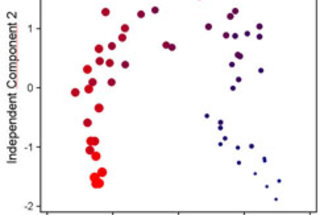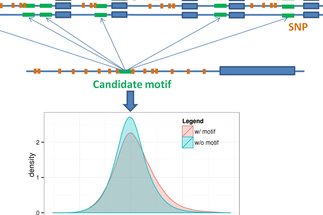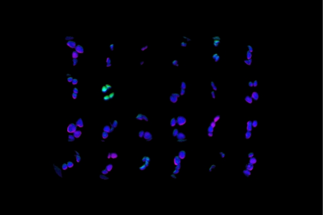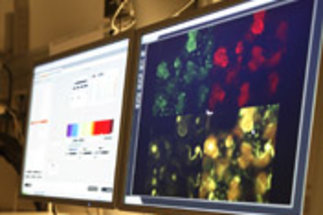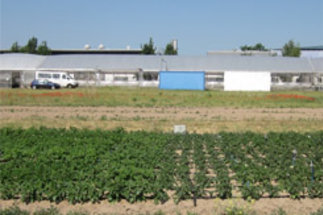Infrastructure Groups and Service Units
The MPI-MP supports so called Infrastructure Groups and Service Units. The leaders of these groups provide support within their areas of expertise for other institute scientists while most of them simultaneously run their own research programmes.
